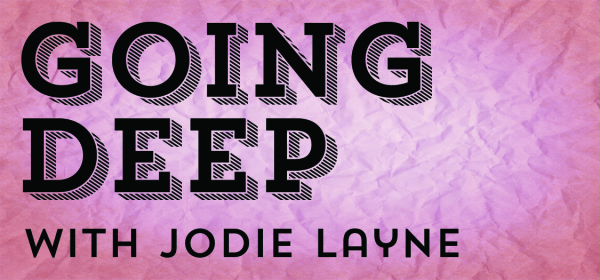So, it is now after Valentine’s Day. Some of you may have had a night to remember, while others had a night they wish to forget. Or, like me, you had a night just like any other night, preceded by a day like any other day. As a perpetual single person, and professional third, fifth and even seventh wheel, my opinions on Valentine’s Day may not be what you would expect.
I don’t love it, I’ll say that right now, but I by no means hate it either. I don’t really have an issue with couples celebrating together, as long as they are not groping in my general vicinity. If you are in love, you go be in love, and I will sit here with my book and tea and ignore you as I would on any other day. I try my best not to be one of those bitter lonely people, but sometimes it does sneak out.
I work in a chocolate store, and Valentine’s Day week does not really bring out the best in me or my customers, causing me to now equate the holiday with high stress levels, working overtime and insane customer requests.
A little down over the prospect of another Valentine’s Day alone and feeling in need of some words of wisdom, I decided to Google my favourite eccentric philosopher, Slavoj Žižek, and see what he thinks about love. The first hit that came up was entitled, “Slavoj Žižek: Love is Evil.” Go on . . .
As I watched the short clip, shifted through all of the mixed metaphors and scientific comparisons, one line really caught my attention. “The only way to counteract [a cosmic imbalance] is to assume the mistake and go to the end, and we have a name for this: it’s called love.” He goes on to explain that he is disgusted with universal love and that he does not like the world, that reality is stupid and he does not care about it.
Love, to him, is a violent thing. Love is not “I love you all”; we pick and choose and say I love you more than I love anything else. And all too often, when we love somebody, we don’t accept him or her as what the person truly is. We accept them as this person that fits our fantasy. We wrongly identify him or her, which is why, when we realize that we were wrong, love can quickly turn into violence.
Žižek states, “There is nothing more dangerous, more lethal for the loved person than to be loved, as it were, for not what he or she is, but for fitting the ideal.” And in that formal sense, love is evil. Now, I’m not sure if I’m willing to go quite that far, but I can see where he is coming from. On a similar wave, Žižek’s most famous quote about love: “The one measure of true love is you can insult the other,” follows his violent theme by insisting that when true love is present, you can say horrible things and will still be able to have the relationship recover from it.
His theories don’t always pertain to violence but also the much more subdued topic of distance. In a talk given at Columbia University in New York City, Žižek made the point that everyone is so scared to just say how they feel that hardly anyone even says “I love you” anymore, but instead they distance themselves by saying things like “as a poet once said, ‘I love you.’” I would even push that further and say that, in our generation, even admitting openly to liking someone becomes a distant act.
We try and say it without actually saying the words “I like you,” and we play the game because it’s what we think we’re supposed to do. This is something that I would desperately love to move away from; the distance and vagueness we use in the way we communicate with each other is a buffer so that no one ever has to put themselves on the line, out there for all to judge.
In the words of Žižek, “We believe that if we were to put the words ‘I love you’ directly, it would mean too much.” We did that to ourselves, those words don’t have to mean too much.
After scanning all these theories, I’m not sure if Žižek was the best person to look to for love advice, but he does make some valid, if not convoluted points. Love is important, and evil, and violent, and distant and tricky. Most of all, love is completely dependent on the persons involved and how much they are willing to invest in it. For Žižek, love is all consuming and violent, and for me, it’s something much less abrasive. Whatever it means to you, love is something we all need and we all crave, but keep in mind that Valentine’s Day is only one day. It’s the other 364 that make all the difference, be it toward finding love or sustaining it.



